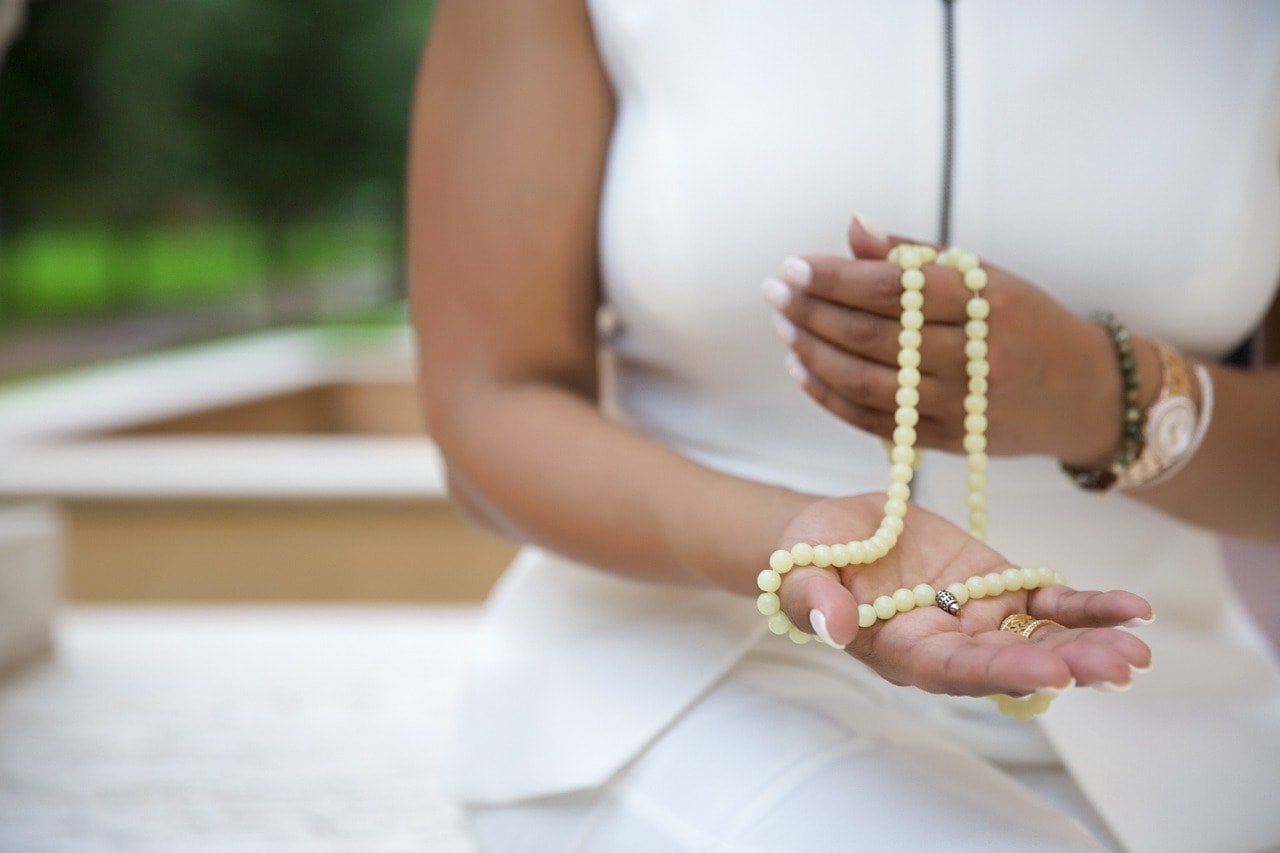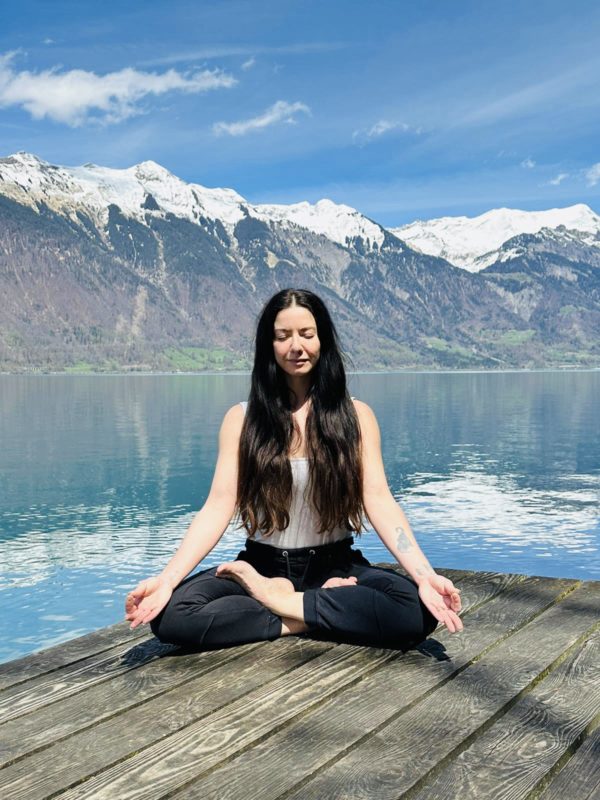[vc_row][vc_column][vc_column_text]
Being a Yoga Teacher can have its disadvantages
Being a full-time yoga teacher can give you the happiness, peace and fulfillment that you desire, but it doesn’t all come easy or necessarily at a price.
Don’t get me wrong I love my career, wouldn’t change it for ANYTHING, and I hope to be teaching yoga until I die. I’m also not saying that being a yoga teacher is up there with the hardest jobs or we deserve any pity. But there are misconceptions and things people don’t consider when taking up this career path that I’d like to clear up:
-
PEOPLE THINK YOU’RE WEIRD:
Most of my family and friends from childhood describe me as a hippy, weirdo, loner. I’ve laughed at it for years, but when I was younger I did have a bit of an identity crisis. For most yoga teachers it is very difficult to find the right balance between their life before they discovered yoga, and their life after. Do you never poison your body again with anything that’s bad for it and renounce anyone who doesn’t fall in line with your yogic life? Personally I have chosen to follow a path of non-judgment, acceptance, and individual needs. I was lucky that I was introduced to yoga at 13 years old, and after a trip to a Buddhist monastery, I was set on the path to weirdism quite early! As a teenager I loved to meditate and would spend many mindful hours alone in the garden, with animals or reading about Hinduism and Buddhism. I was more passionate about charity work than I was going to parties or raves, or about going camping than a fancy hotel. I eventually learned to love who I am and be comfortable in my own company, appreciating the simple things in life. I stopped taking the family 5* holidays and started working to save my own money to travel around India. None of this was ‘normal’ or still is with many of the people I grew up with, but those who are my true friends appreciate me for me, and that I’m genuine and honest with myself and with them.
-
OFF-PEAK WORKING HOURS:
There are no bank holidays or normal weekends when you’re a full time yoga teacher, as you often need to be available in the hours when your clients aren’t working, or can get someone else to look after the children. Working hours can start at 4.30am and you may not finish teaching your last class until 10pm. Yes there are breaks from teaching during the day, but these are either too short to apply to something else properly, or will be taken up by travel or admin. And if you’re traveling from one studio or private client to another, much of your ‘break’ time might be spent on driving, public transport, or waiting in your parked car or a cafe. Retreats, workshops and teacher training’s will often fall on weekends or holiday dates, so your unlikely to keep a ‘normal’ schedule or socialise during the week, weekends or holidays the way many others do.
-
ERRATIC EATING:
How does breakfast at 4.30am sound, after having eaten at 11pm the night before? Or rather NOT eating breakfast because you have 2hrs of kriya, pranayama and yoga to do before you can eat a little bit and then give a class? With work days spanning all hours and often working at lunch time, there’s rarely a ‘normal’ day of eating for a full time yoga teacher. Most people can sit at at desk after a big lunch as the body redirects energy to digestion instead of moving, but you can’t teach a yoga class properly. Light meals or frequent snacks is the usual daily diet with a bigger dinner at the end of the day, sometimes 11pm once you’re home, tidied and showered! Also if you’re not a vegetarian, you better have a bloody good reason for not being one!
-
FORGET REGULAR INCOME:
There are weeks in the year that people go on holiday when you may have very few clients, and January is usually a quieter month due to lack of disposable income. If your salary relies on the number of people you have coming to each class, it is never the same each week. And if you rely mainly on regular private clients, you may suddenly find there’s a week or two in the year where 4 of them are ill and 2 of them are traveling, which causes a big dip in your monthly income! Having a good cancellation policy is important here, so that if they cancel within 48 hours of their scheduled session, you have time to fill that slot with someone else. Also making sure that people pay in advance for a course of classes helps, so it’s not such a knock if only 3 people turn up to class instead of the usual 10.
-
YOU ‘ONLY’ TEACH YOGA:
If you teach 10 private clients, 2 group classes and 1 workshop a week for instance, people think that you ‘work’ about 13-15 hours a week. They do not consider the mountain of admin that comes with it and the logistics of the job. In between classes or clients you may be traveling, tidying up, emailing, accounting, research, continued studying, writing reports/class plans/support material, dealing with your website and marketing, and you’re inevitably doing it alone! In fact it can get more confusing if you’re working part time for or at different studios or spaces, and keeping track of all your payments. And if you work at a studio, do you want to necessarily work there forever? If not then their marketing won’t be enough and you’ll have to put in extra time and energy distinguishing yourself and creating a loyal client base.
-
THINK AGAIN ABOUT EXTREME SPORTS:
Yes yoga IS for every-BODY and I have taught yoga to those in a wheelchair, but it is not as easy to teach from one! I have met some fantastic yoga teachers with severe physical restrictions, and they tend to teach more gentle yoga and yoga poses that are comfortable for their body. However if you are teaching yoga full time you need to be mobile. Not because you may be traveling constantly from class to class, but because you need to be able to move around the room your students are in. You need to be able to physically adjust them from a risky position or be there to assist them when needed. For this reason I’m very glad that I skydived, rock-climbed, skied and bungee jumped before I committed to this life completely. I’m also very happy having a decent excuse to not meet my husband on the slopes, and instead spend my day in the spa 😉
-
NO PARTYING LIKE ‘THE OTHERS’:
There was one night about 7 years ago that I made a mistake. I don’t believe in regretting anything as I definitely learned a lesson; you CANNOT drink alcohol like other people do, the night before you are going to teach yoga. I had ended up in a last minute catch up with friends and stupidly drunk some wine on an empty stomach. It wasn’t much and I didn’t go to bed late, but it was not a pretty sight when I turned up at the U.S Embassy to teach the next day. As I now explain to my friends, it’s much easier to deal with sweating and nausea if you can sit at a desk the following day. Not when you’re supposed to be the picture of health, represent optimal vitality and be observant and responsible for the students in your class. NEVER again! On that note I could add an extra paragraph here about how I can no longer drink, eat or wear high heels like I could in my younger Chelsea years….
-
BODY BURN-OUT:
Yes yoga teachers do get injuries and physical problems! Even if we are expected to be the spiritual be-all-and-end-all of the body, be able to ‘fix’ ourselves because we have such a strong body-mind connection, and understand our own bodies better than anyone…
Contrary to popular belief, yoga teachers are humans and can make mistakes. However they will often put the health and comfort of their students before their own and inevitably a physical burn out will happen somewhere in their body. There isn’t a full time yoga teacher that I’ve met who hasn’t had an issue usually with their back or wrists at some point or another. For some it can be a lot more serious if the wear and tear of long term teaching isn’t addressed and balanced correctly early on.
Practicing yoga for yourself every day can be one of the best things you can do for a long healthy life. However teaching yoga for hours a day long-term is a different matter.
On top of which yoga teachers will inevitably go through a phase of neglecting their own personal practice, or sacrifice listening to their own body at the expense of busily working on others. Trust me, especially as you age, you quickly learn that your body is talking to you and you need to listen. Once you’ve sorted out your wrists after giving a weekend workshop of arm balances, or your spine due to too much back-bending, you learn to find the correct balance between strengthening and stretching and not pushing your body further than it’s ever changing limits.
#embraceyourweirdism
xx[/vc_column_text][/vc_column][/vc_row]






